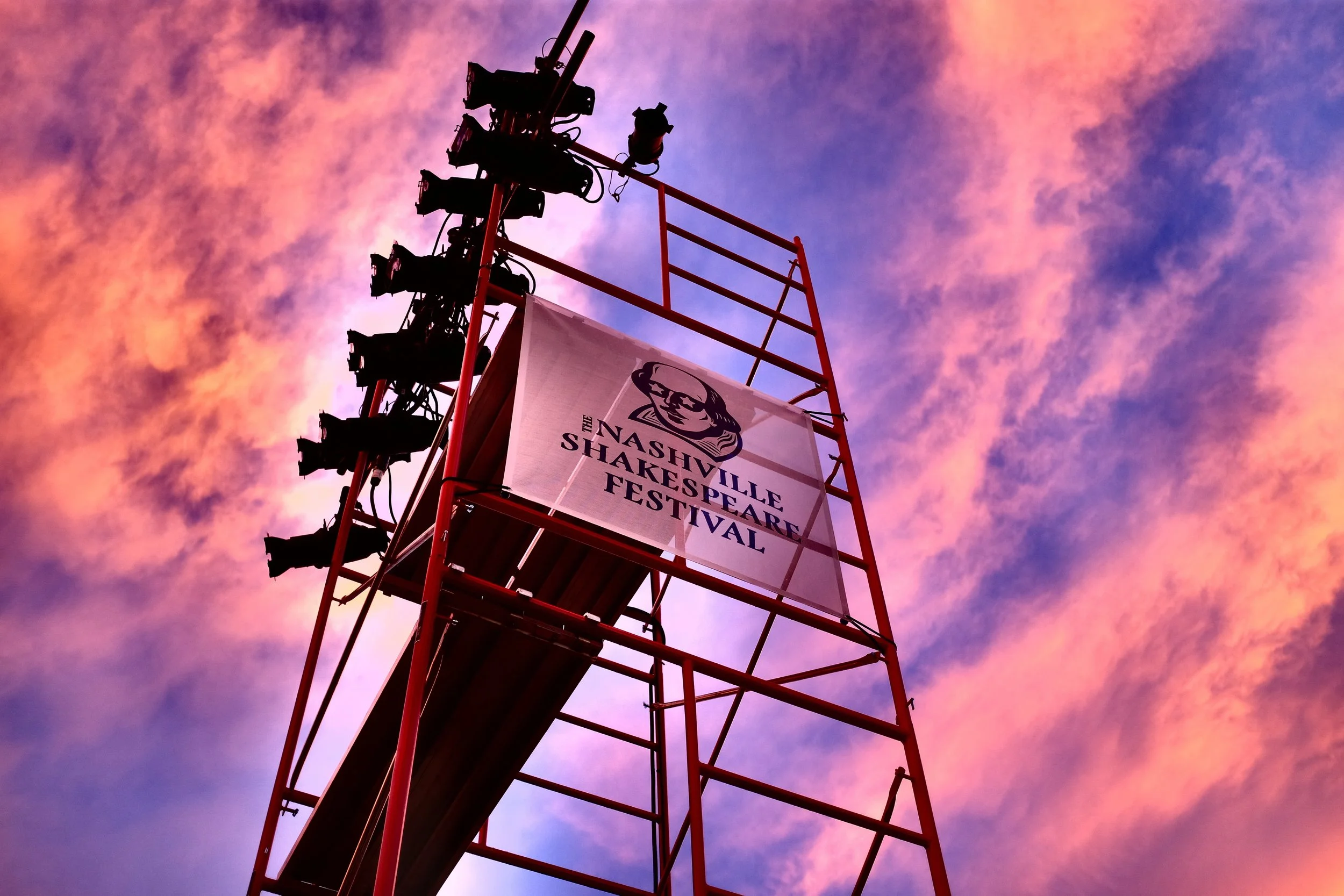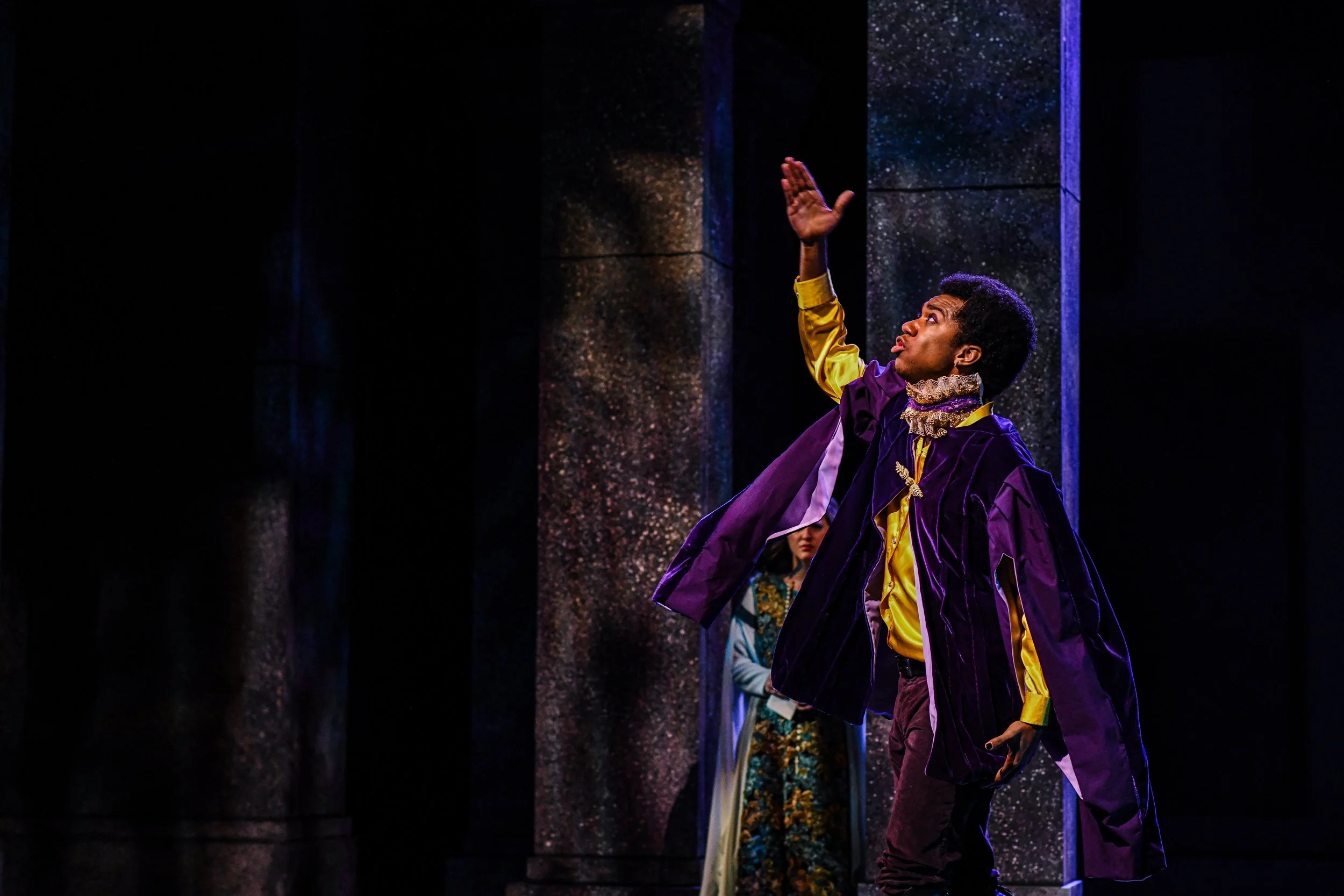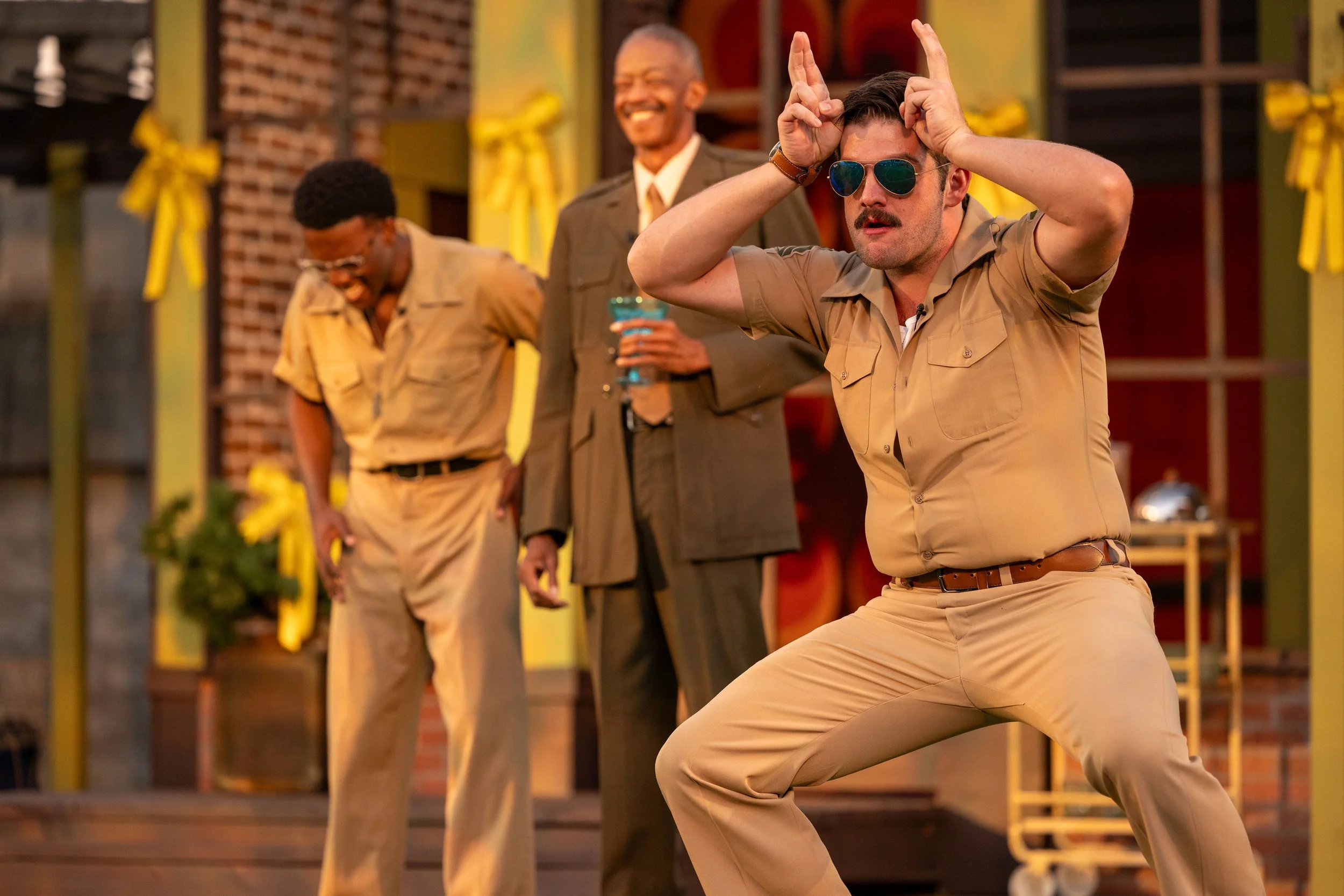
Mission and Values
Our Mission
The mission of the Nashville Shakespeare Festival is to educate and entertain the Mid-South community through professional theatrical experiences. The Festival enriches and unifies our community with bold, innovative and relevant productions along with empowering, participatory educational programs, setting the community standard of excellence in educational outreach and performances of Shakespeare’s plays.
Our Values
Community Focused
We aim to be a true reflection of the community we serve - welcoming, relevant, and responsive. Our work is shaped by the people who gather around it, and we strive to create spaces where everyone feels they belong.
Expanded Arts Access
We believe theatre should never feel out of reach. By lowering barriers and opening doors, we invite more people to experience the joy and wonder of live performance.
Empowered Storytelling
Storytelling is at the heart of what we do, and we believe everyone deserves to see themselves reflected in the stories we tell. By making Shakespeare feel personal and present, we invite people of all backgrounds to connect, participate, and claim the art form as their own.
Rooted In Joy
Our work grows from deep roots - an artistic legacy, a love of language, and a tradition of gathering under the sky. But just as importantly, we’re guided by joy, curiosity, and the sheer fun of making theatre together. We believe the best art is both grounded and generous, honoring what came before while celebrating the moment we’re in.
Inspiring the Future
We nurture the next generation of theatre artists, audiences, and changemakers through creative exchange, imaginative performances, and sustainable practice. Every program is a seed for a future where theatre continues to thrive.





